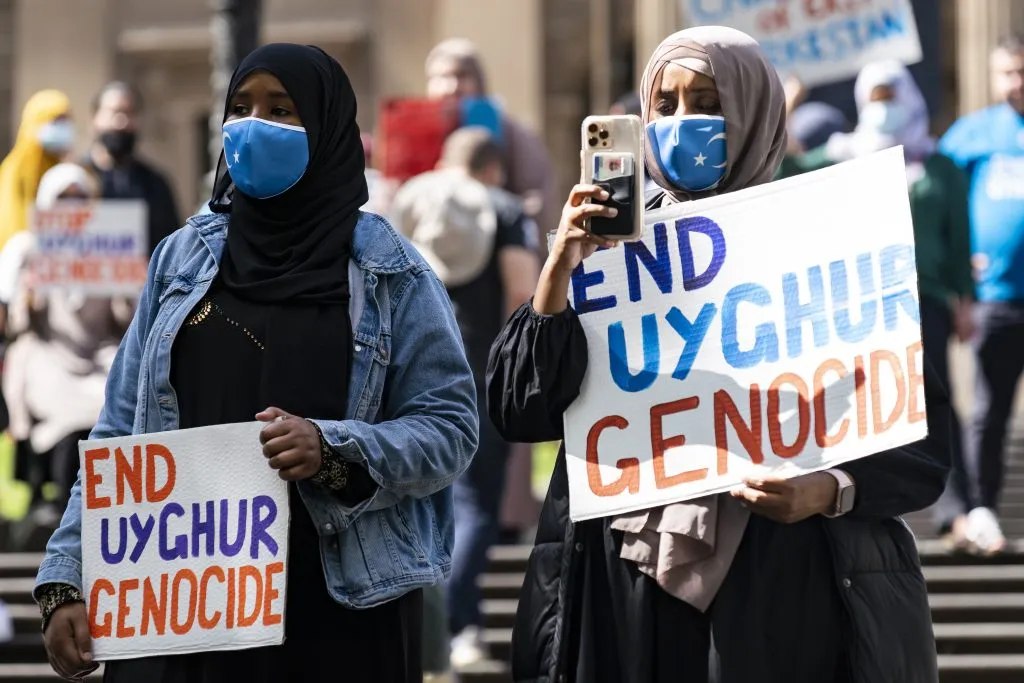On 8th June 2023, the event “Human Rights-Centered Policy Response to the Uyghur Genocide: What’s at Stake?” was held at Oxford’s Blavatnik School of Government.

This involved an expert panel on the human rights crisis regarding the Uyghurs, a predominantly Muslim minority, in the Xinjiang Uyghur Autonomous Region (XUAR) of China. China has been accused of committing genocide, crimes against humanity, and other human rights violations through ethnic and religious persecution of Uyghurs.
Experts contributing included School of Oriental and African Studies (SOAS) Professor Rachel Harris, House of Lords Member and barrister Helena Kennedy, and international human rights attorney and Oxford Reuben Scholar Rayhan Asat.
Kennedy began the talk by introducing her human rights career. From spearheading the creation of Oxford’s Bonavero Institute of Human Rights to leading the International Bar Association’s International Human Rights Institute, she described defending vulnerable victims as a human rights barrister.
She then stated that she will continue to call for Uyghur justice within the House of Lords, explaining that such global support is profoundly needed.
The ample evidence of injustice Kennedy raised included Uyghurs “being detained in concentration camps, forced into slave labor, and made to undergo abortions and sterilizations”. This was expanded by the “destruction of cultural emblems and artifacts such as mosques…and [Uyghur] graveyards” which are likely meant to “erase the religious minority”.
Asat then put forth that “ongoing atrocities inflicted upon the Uyghur community demand immediate attention”, as “camp victims have and will continue to suffer agonizing forms of torture”. She expressed that she hopes to raise awareness of this humanitarian crisis in the Oxford community.
The issue was close to Asat’s heart not only because she is Uyghur, but also because her Uyghur brother, Ekpar Asat, is “being wrongfully detained in a concentration camp under inhumane conditions”. She expressed how “his bright future, and many others, have been cut short” in China due to the crisis.
Asat stated that many people have been sentenced to 15-20 years in prison camps for simply having Islamic names or the Quran, an Islamic religious text.
Harris explained how she has worked in ethnographic field work within the Uyghur region for about 25 years, and there she began hearing alarming reports of forced disappearances and detainments in 2017. Since then, she has been committed to achieving justice for the Uyghurs.
Such commitment included contributing research to the United Kingdom’s Uyghur Tribunal for crimes against humanity and genocide, alongside co-writing a Uyghur crisis report for UNESCO.
Asat concluded the event by stating that international human rights law is critical for achieving justice for victims such as the Uyghurs. The example of how the International Criminal Court’s inquiry into the Rohingyan genocide “sent a strong message to other autocracies across the world” was raised.
She also encouraged the international community to not be “bystanders but upstanders” through policy, philanthropy, and otherwise advocacy to protect marginalized groups, as “one community’s suffering impacts us as a collective humanity”.
Image credit: Matt Hrkac via flickr
